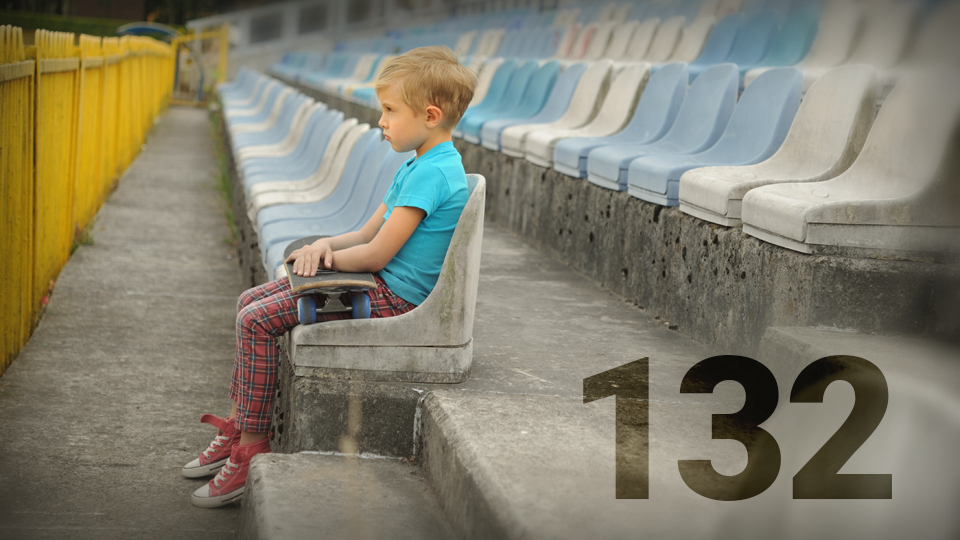Not many are counting anymore, which, unfortunately, is what Putin is relying on. The story of the most consequential war and humanitarian crisis in Europe since World War II is slowly but surely losing public attention globally, sliding down the home pages of leading news outlets to make way for the domestic stories that audiences care most about, such as the cost of living and associated crises. I recently spoke with a friend who shared that she felt that there was absolutely nothing she could do to change the course of events, and so there was no point in staying engaged with the despair-inducing news.
Signs of war engagement fatigue, desensitization and even a desire to actively escape the war story have been present for some time. Google searches and analysis of GDELT’s news database of 850m+ global news stories reveal that interest in and coverage of the war peaked in February when Russia invaded Ukraine but has been declining ever since. In February, 32% of all online news articles globally mentioned Ukraine. By June this had dropped to 10%, a two-thirds fall. Since the war in Ukraine started, Google searches for Johnny Depp have exceeded those for Volodymyr Zelensky by factors of 4.5 globally, 6 in the UK and 8 in the US.
Meanwhile, the loss and displacement of civilians in Ukraine has continued to grow, with 4.7 million Ukrainians displaced and UNHCR data recording 4,509 civilians killed by the end of June. Ukrainian officials in exile estimate a figure far higher, believing more than 22,000 have lost their lives in Mariupol alone. Feelings of abandonment and anguish have been growing among Ukrainians. Putin, on the other hand, has regained his composure, appearing calmer than ever, secure in the knowledge that Russia can continue this war for some time. Security expert and author of “The Weaponization of Everything” Mark Galeotti believes that Ukraine and Russia are heading for a deadlock. Neither country can break the other’s resistance or meet the conditions they demand for peace. “Russians will want title deeds for everything they have conquered already. Ukraine will not give in to these demands, especially after Bucha. How can you give swathes of your country to people who have committed that kind of atrocity? So, it is going to be a battle of resources, a battle of populations and a battle of will. Not just the Ukrainian and Russian will but also the continued will and unity of the West to resist.” In Galeotti’s view, Putin is relying on the war story fading away in Western publics’ and politicians’ minds. “Putin is convinced that the Western countries suffer attention deficit disorder. There will be another crisis, another election, mid-term elections in the US, whatever, and we will lose that focus. That will be the determining factor for who wins the war.”
As the months pass, I notice that my children raise the war in Ukraine at the dinner table less and less frequently. They seem to have become accustomed to it and have gradually stopped worrying about nuclear war. Fundraisers and collections for Ukrainian refugees, once frequent, have dwindled to a few occasional asks. People share their unwillingness to keep up with the war coverage, finding the toxic combination of despondency and powerlessness it brings too hard to bear. A survey of 2,000 UK and US adults conducted by international consultancy AKAS on 19 th -20 th June exposed an extraordinarily low feeling of agency in relation to the war: just 7% and 8% respectively believe that their “actions can have any impact on developments in Ukraine”, a lower figure than for climate change, local and general elections, greater gender equality and reducing poverty globally. Meanwhile a monthly global Ipsos survey of 19,505 adults revealed that between April and May, those worried about a military conflict between nations declined from 28% to 21% in the UK and from 20% to 16% in the US.
“Evil thrives on apathy and cannot survive without it”, warned the political philosopher Hannah Arendt more than half a century ago. If we, the public in western countries, disengage from the story, we become Putin’s allies. Losing interest makes Ukraine more likely to lose the war. The BBC’s correspondent in Ukraine Sarah Rainsford [former Moscow Correspondent] is also concerned about the pressures that countries face in continuing to support Ukraine and the potential detrimental consequences of not doing so: “There are domestic political pressures which are already beginning to weigh, and I worry that the balance will shift at some point. The unknown in that battlefield is the West and the support that there is for Ukraine going forward.”
To some extent, contrary to our feelings of disempowerment, the outcome of the war rests with us. Members of the public are not powerless. Apathy, disengagement and despondency cannot be our choice, as they increase the chances of Putin winning this war - a war anchored in deceit and a manipulation of history. Our continued engagement — signing petitions, writing to MPs, sharing content on social media, donating or protesting, as Zelensky appealed to us in March —incentivizes politicians to remain in solidarity with a traumatized but hugely courageous sovereign nation which deserves to win this godforsaken war. And in doing so, we pave the way for a future in which younger generations can rest safer in the knowledge that their own sovereign countries will not one day suffer indiscriminate invasion on the basis of fictitious tales.






